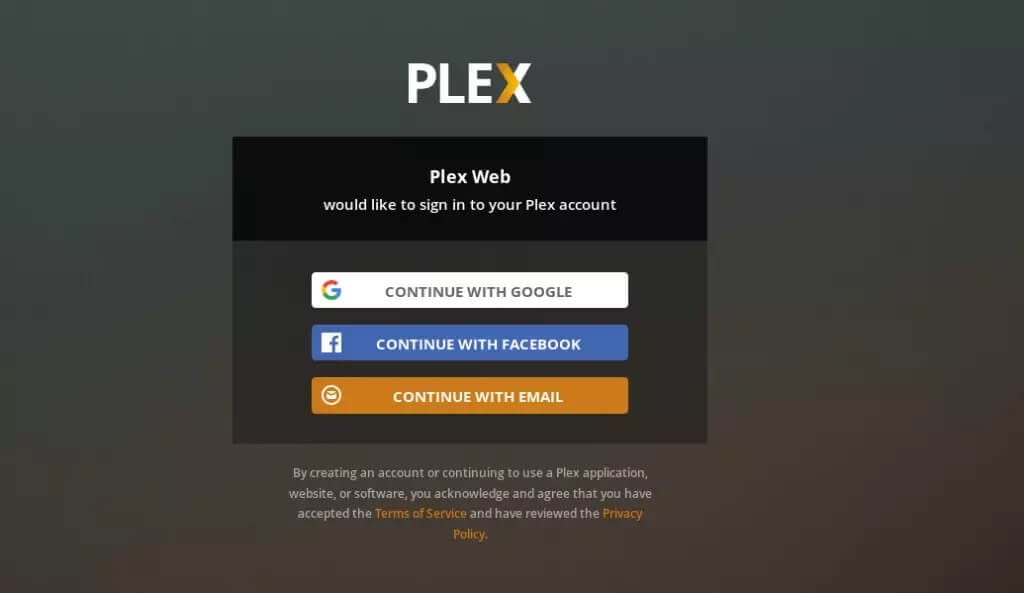
In this tutorial, we will show you how to install Plex Media Server on Debian 9 Stretch. For those of you who didn’t know, Plex is a powerful media server software that allows you to stream your movies, TV shows, music, and photos to various devices, including smart TVs, smartphones, tablets, and computers. Whether you’re a media enthusiast or just someone who wants to organize and access their media library seamlessly, Plex is an excellent solution.
This article assumes you have at least basic knowledge of Linux, know how to use the shell, and most importantly, you host your site on your own VPS. The installation is quite simple and assumes you are running in the root account, if not you may need to add ‘sudo‘ to the commands to get root privileges. I will show you the step-by-step installation of Plex Media Server on a Debian 9 (Stretch) server.
Prerequisites
- This guide is specifically for Debian 9 (Stretch). While Plex is available for various Linux distributions, the commands and configurations may differ slightly.
- It’s recommended that you use a fresh OS install to prevent any potential issues.
- SSH access to the server (or just open Terminal if you’re on a desktop).
- An active internet connection. You’ll need an internet connection to download the necessary packages and dependencies for Plex.
- A
non-root sudo useror access to theroot user. We recommend acting as anon-root sudo user, however, as you can harm your system if you’re not careful when acting as the root.
Install Plex Media Server on Debian 9 Stretch
Step 1. Before installing any new software, it’s always a good practice to ensure that your system packages are up-to-date. This not only ensures compatibility but also addresses potential security vulnerabilities. To update your system packages, open a terminal and run the following commands:
apt update apt upgrade
Step 2. Installing Plex Media Server on Debian.
Plex Media Server is not available in the official Debian package repository. We’ll be using the Plex official repository. Start by importing the repository’s GPG key using the following curl command:
curl https://downloads.plex.tv/plex-keys/PlexSign.key | sudo apt-key add - echo deb https://downloads.plex.tv/repo/deb ./public main | sudo tee /etc/apt/sources.list.d/plexmediaserver.list
Once the Plex repository is enabled, update the apt package list and install the latest version of the Plex Media Server:
sudo apt install apt-transport-https sudo apt update sudo apt install plexmediaserver
Then, start Plex Media Server and enable it to start on boot time by running the following command:
systemctl enable plexmediaserver.service systemctl start plexmediaserver.service
Step 3. Configure Plex.
Now, open a web browser and type the following address. Change the IP address with your Debian IP address:
http://localhost:32400/web
You’ll be prompted to sign in or create a new Plex account. If you already have an account, sign in; otherwise, create a new one.

Congratulations! You have successfully installed Plex. Thanks for using this tutorial for installing the latest version of the Plex Media Server on the Debian 9 system. For additional help or useful information, we recommend you check the official Plex website.